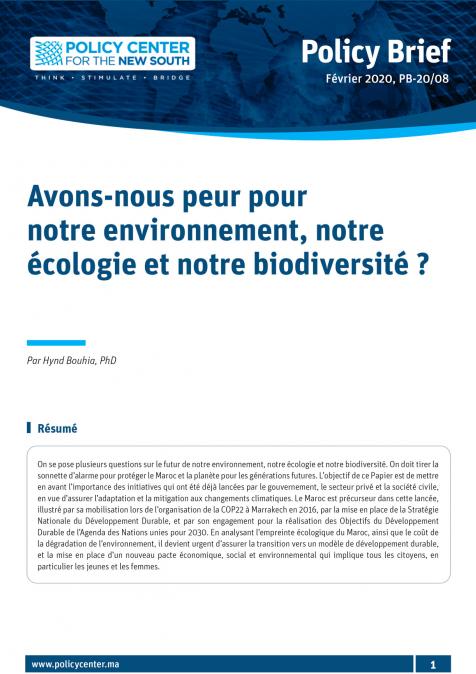The Oasis Agritech Hackathon program was designed to identify and promote local entrepreneurs in the field of agriculture and technology, and mobilize local partners to support, mentor and help preserve the Moroccan oases. The hackathon took place in mid-December 2020, with workshops centered around how to conduct an issue analysis and a needs assessment to better understand the problem that the agricultural entrepreneur is trying to solve. The event also allowed participants to collaborate with mentors and experts in the creation of innovative solutions for the agricultural sector in the oasis ecosystem. About Touria : Over 10 years of experience in development project management, monitoring and evaluation, communication and awareness campaigns, fundraising and capacity building in nongovernment organizations and international organizations, in the field of environment and sustainable development, social entrepreneurship and income generating projects, and advocacy. Strong interpersonal and leadership skills in implementing and mentoring micro-business owners, with valuable experience in training facilitation and working within multicultural environment. Interested in : Micro-businesses and income generating activities, social entrepreneurship, training, personal and professional coaching, youth empowerment and capacity building.









